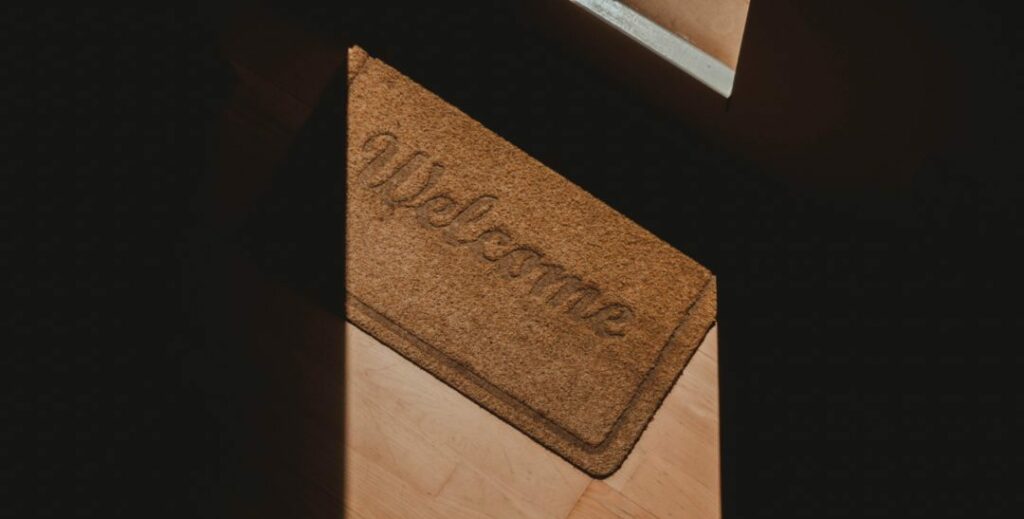COLE THALER | December 20, 2019
Small talk can make some big assumptions.
 Small talk is social lubricant. We use it to ease our interactions and to make meeting new people more comfortable. It builds bonds and relationships that expand social ties, networks, and opportunities.
Small talk is social lubricant. We use it to ease our interactions and to make meeting new people more comfortable. It builds bonds and relationships that expand social ties, networks, and opportunities.
Small talk presumes so much.
“What do you do for a living?”
“What part of town do you live in?”
I recently met someone who asked me, a few sentences into our first conversation, “Where’s home?”
It’s an interesting question. He didn’t ask me where I grew up, or what my current neighborhood is. The subtext of his question was: what part of the world feels like home to you?

Homes reflect and influence our development, our emotions, our relationships, and our cultural identities.
But it’s also a loaded question – especially for someone whose housing is unstable, collapsing, or nonexistent.
“Home” is central to our conception of what makes a life. As described in a recent psychological study, “[T]he home is more than a place in which an individual resides but rather a unique place where a person’s past, present, and future selves are reflected and come to life.”*
Homes reflect and influence our development, our emotions, our relationships, and our cultural identities. They can serve as a haven, a refuge, a status symbol, an inheritance, and an asset. Perhaps even more so than employment, one’s home is a central pillar of identity and belonging. We are all supposed to have homes.

AVLF’s work to end housing instability means much more than ensuring that our clients have a roof over their heads.
In light of this, the experience of being homeless involves much more than material deprivation. Being homeless means lacking a critical piece of social currency. It means being cut out of the social fabric, where housing and stability are the ticket to networking and opportunities for advancement. It means not having an answer to the question: “Where’s home?”
AVLF’s work to end housing instability means much more than ensuring that our clients have a roof over their heads. It means that we strive to ensure our clients have access to the full range of resources and opportunities they need to reach their full potential.
Because a home is so much more than just an address.
*The Psychology of Home Environments: A Call for Research on Residential Space. Graham, Lindsay T.; Gosling, Samuel D.; and Travis, Christopher K. Perspectives on Psychological Science 2015, Vol. 10(3) 346-356.
Help us secure safe and stable homes for our clients by donating today.

Cole Thaler
Director, Safe & Stable Homes Project
Check out more from this author.
Cole serves as the director of AVLF’s Safe and Stable Homes Project. He oversees the Saturday Lawyer Program and the Standing with Our Neighbors Program, among others.
Before joining AVLF, Cole was a supervising staff attorney with Georgia Legal Services Program, where he represented low-income rural Georgians in a variety of civil matters. Previously, Cole worked for Lambda Legal, a national legal organization that works on behalf of lesbians, gay men, bisexuals, transgender people, and those with HIV. Cole attended Williams College before receiving his J.D. from Northeastern University School of Law. He shares his home with two rescue dogs, three rescue cats, and husband.